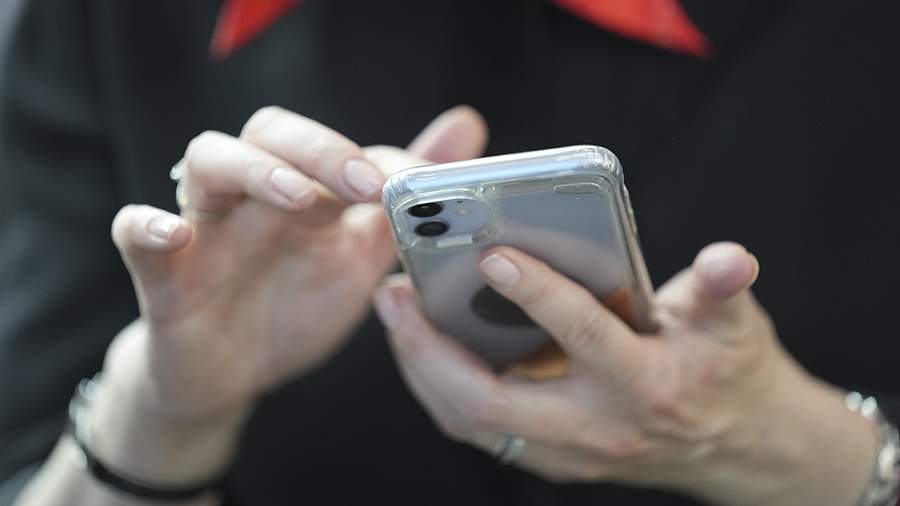The fears of Russians related to new technologies are named

Among the Russians surveyed, 86% of respondents are worried. This is stated in the results of a study by the IT company Cyberprotect and the business social network TenChat, which were reviewed by Izvestia on April 11.
Russians are most concerned about the threat of account hacking, as stated by 32% of respondents. At the same time, 30% are worried about a possible data leak from biometric systems. Also, 21% of the study participants are wary of the spread of artificial intelligence (AI), and 9% fear that automation will lead to the replacement of people with machines in the workplace.
To minimize risks, two thirds of respondents (65%) take the necessary basic security measures online: they use antivirus software, complex passwords, and two-factor authentication.
According to the respondents, it is possible to reduce anxiety by increasing the level of digital literacy and awareness of possible risks among the population — 27% believe so. Also, 27% are convinced that it is important to develop training programs for those professions that may disappear due to automation and the introduction of AI.
"Russians' awareness of the importance of improving digital literacy is an indicator of the audience's growing maturity and responsibility. This is a signal for business to take action: it is necessary to develop solutions in which transparency and reliability of data play a key role. They become the foundation for new business agreements, improve the business climate and accelerate the development of entrepreneurship in the country," said Oleg Ratunin, CEO of TenChat.
However, 30% of the study participants consider smart devices to be one of the most reliable. In addition, 20% of respondents are confident in the safety of fitness trackers and smart watches. And only 8% trust smartphones, 3% trust computers.
According to 39% of respondents, bank payment systems remain the most secure technology. Only 20% of respondents trust social networks, 18% trust facial recognition systems, 12% trust AI, 6% trust 5G, and only 3% trust cloud solutions.
"It is important to understand how technologies can improve the quality of human and social life when used responsibly and consciously. It is necessary to strengthen education in the field of digital security and help to adapt to the rapid development of the technological environment, this will help to alleviate many concerns and generally improve people's quality of life," said Elena Bocharova, Executive Director of Cyberprotect.
Earlier, on March 31, analysts at Pressindex reported that over the past six months, Russians have been twice as likely to tell friends and family about losing control of their accounts and warn them not to take the actions that the attackers called for. At the same time, Telegram users were hacked about 1.7 times more often than users of all other social platforms combined.
Переведено сервисом «Яндекс Переводчик»

